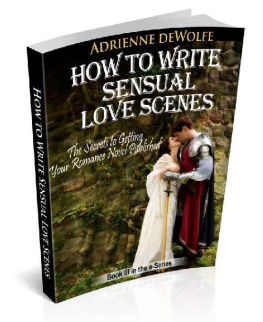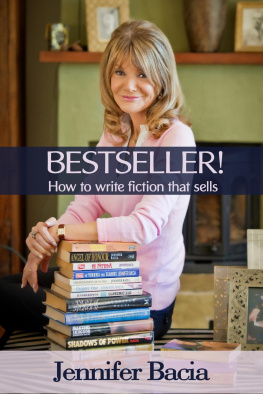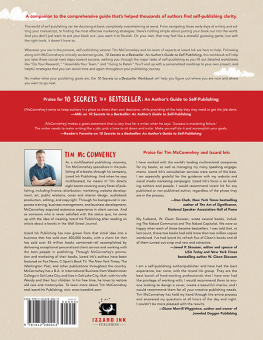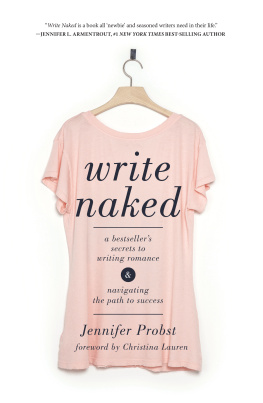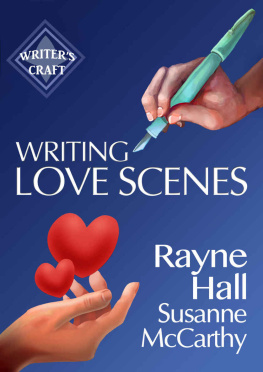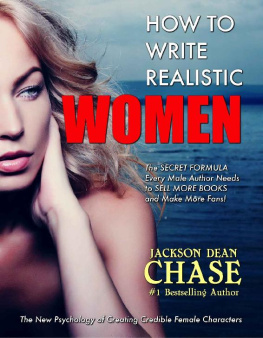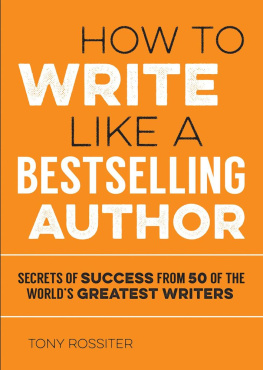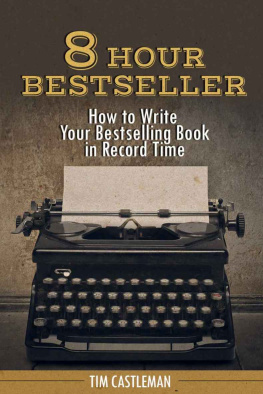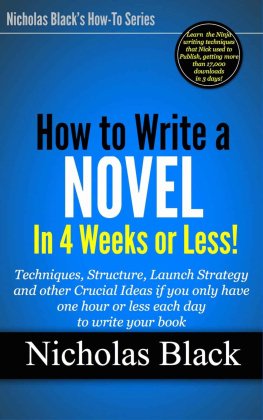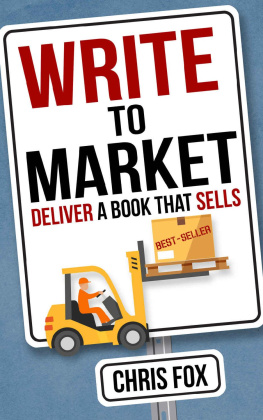VI. Creativity Techniques: Might And Magic
Let's cast our gaze in an entirely different direction, toward a topic that, however, only appears to be dissimilar on the outside creativity. This field has never been systematically investigated and is constantly surrounded with the halo of genius. Words such as "genius," "imagination," and "talent" haunt the land this word inhabits holy words every one of them, and inviolable ones. Be that as it may, artists and writers are occasionally confronted with the unanswered question of "where" their inspiration and brilliant ideas came from. Some of the more insolent of these artists have some of the most bizarre answers at the ready and seriously maintain that their Muses are drawn to the stimulating smoke of their pipe, freshly filled with robust tobacco, or to a good, bracing shot of whiskey or to their felt slippers lined with white satin.
You have to determine whether this kind of question can be answered at all. After all, aren't imagination and creativity unfettered by definition? But it's as obvious as the book in your hands that imagination can most certainly not be attributed to alcohol or a polka-dot bathrobe and is very slippery when it comes to trying to squeeze it into a box. Any attempt to wedge art or creativity into a fixed frame appears to be condemned to failure from the very onset. Remember that art is the twin sister of freedom and no one, but no one is harder to boss around than a truly creative individual.
Despite this admission, I would still like to try to set forth my own very personal credo on creativity. Indeed, the question has always fascinated me. For that reason, I attempted again and again to ascertain when creativity, imagination, inspiration "worked" the best for me, why everything appeared to work so perfectly in a particular moment, why the Muse had just kissed me and what the cause, the occasion, the reason was for everything just falling into place, for the words literally tumbling out of the typewriter onto the white piece of paper before me of their own volition. Thereafter, my aim was to uncover some laws on creativity. These rules might be entirely subjective and private, as I indicated earlier, but that doesn't prevent them from being an enormous help to me. I also think that there is no more interesting field than that of creativity, of imagination. Furthermore, I firmly believe that a systematic study of creative processes could touch off a revolution.
Here are my results and findings.
Perhaps you could assist the tender shoot of imagination, which is all too easily trampled and crushed, to grow and flower by trying out one or two of these points. Let's get right to the core of my observations:
1. The Discovery: Writing's Own Rhythm
One of the first things I discovered to be of importance to writing is the flow. The flow is what carries you along. It's a highly interesting phenomenon. You step onto a boat and allow yourself to be pulled along with the current. You enter a foreign world. Your own world. You embark on a journey. To a world of your own making. That's writing! Ideally, writing itself is powered by an inexorable force. You must not interrupt this flow, lest you perpetually place yourself in the way of this force and are propelled out of your own world, the world of your own making. The flow possesses a rhythm, initially of its own creation until it finally swings back to you, the author, and sweeps you along with it. Perhaps you've experienced at some point that, once you've begun to write, suddenly thousands of ideas descend upon you and you can't stop scribbling. In that instant, you've been transported into a very powerful identity. Writers can transform the world! They've transformed the faces of entire cultures. And ruled countries! The competent communicator is the real king, not the ruler in the long robes and the incommodious crown that weighs heavy on his head. The power and the possibility of influencing and creating become palpable in the process of writing. It's an ecstatic state. You're a piece of God, or even the creator of gods. The concrete names these superlatives might take, however, are unimportant. At the core of this issue is the fact that writing itself possesses its own rhythm that can carry the author upwards to the greatest heights. And this rhythm is what you have to use. It's a power that you can only experience by using. This is a subjective suspense technique that beats all others hands down.
2. Once More: Standpoint and Perspective
There is another phenomenon which I'd like to touch on in connection with writing. It fact, it's possible to literally slip into your own story and identify with the hero. You can honestly and truly invent something along the lines of a second "reality" that is so "real" that you yourself are carried along with the plot you created. It's the most heart-pounding of all adventures! It demonstrates that a subjective "reality" can be fully as real as "objective" reality.
It's incredible but true, you can tumble into your own story! There's no question that you can step into your own space a space you created and suddenly find yourself honestly and truly on the planet which you constructed and which you're now picturing in your mind's eye. Furthermore, you can experience the world from your hero's perspective. In that case, you are "thinking" as your protagonist, you feel as he does, you sense his aches and pains and tremble with him. Authors can also slip into other, different roles, just as an actor slips into different costumes. They can experience the "world" from the enemy's perspective, or from the perspective of, say, the enemy's servant. Typically, the most important perspective is that of the hero. Switching roles is also worth considering, perhaps to take up the point of view of the hero's wife, stricken with worry that she might never see her husband return home. The bottom line is that authors have to be able to switch from one perspective to the next. An author perched in the body of a hero languishing in a dungeon, bound and chained, knows that the rattling of the chains resonates with head-splitting volume in the hero's ears; the author knows the hero's revulsion of the teeming spiders and rats in the pit; the author knows every stone in the prison after so many years of imprisonment. It's an absolutely incomprehensible experience to become a person of your own making, to perceive the world through his eyes and to create or to be suddenly an entirely new self. This is the author's prerogative and his very own bailiwick.
3. The Importance of Making Split-Second Decisions
Let's look at another subjective viewpoint, one that is generally ignored despite its enormous importance, that of the conscious and unconscious intentions conceived and carried out, in every second of writing. I hold it to be a fact that, when writing, authors will make ten, twenty or a hundred decisions about their writing every second, even every millisecond. Most authors are oblivious to this fact.
The important point, however, is that you can choose to make positive or negative decisions. I myself maintain the resolve (without needing to remind myself of the fact)
- To make the book a best seller,- To serve the reader as best I can,- To spin an exciting yarn, whether fiction or non-fiction,- To create humor wherever appropriate, and- To inspire the reader.
I never, ever, write on the basis of second-class decisions. Nor do I put myself down at least not during the sacred phase of creation. To put it another way, I write as fast as the devil and feel like a god. The crux is to keep in mind that you think secretly (unconsciously). For instance, the following thoughts might creep into your consciousness in a fraction of a second:


